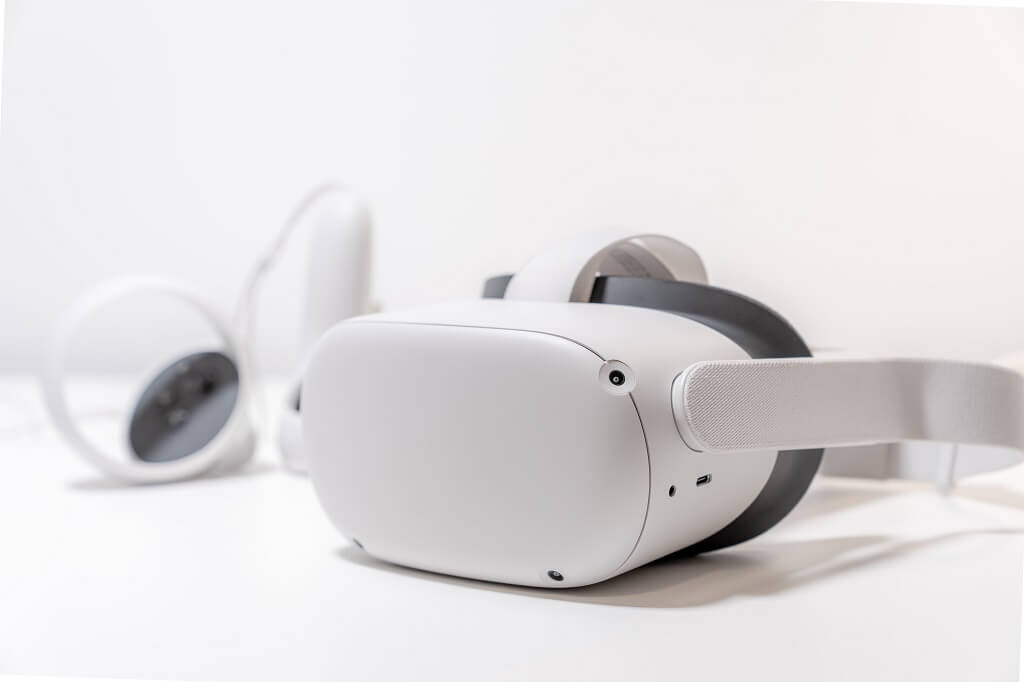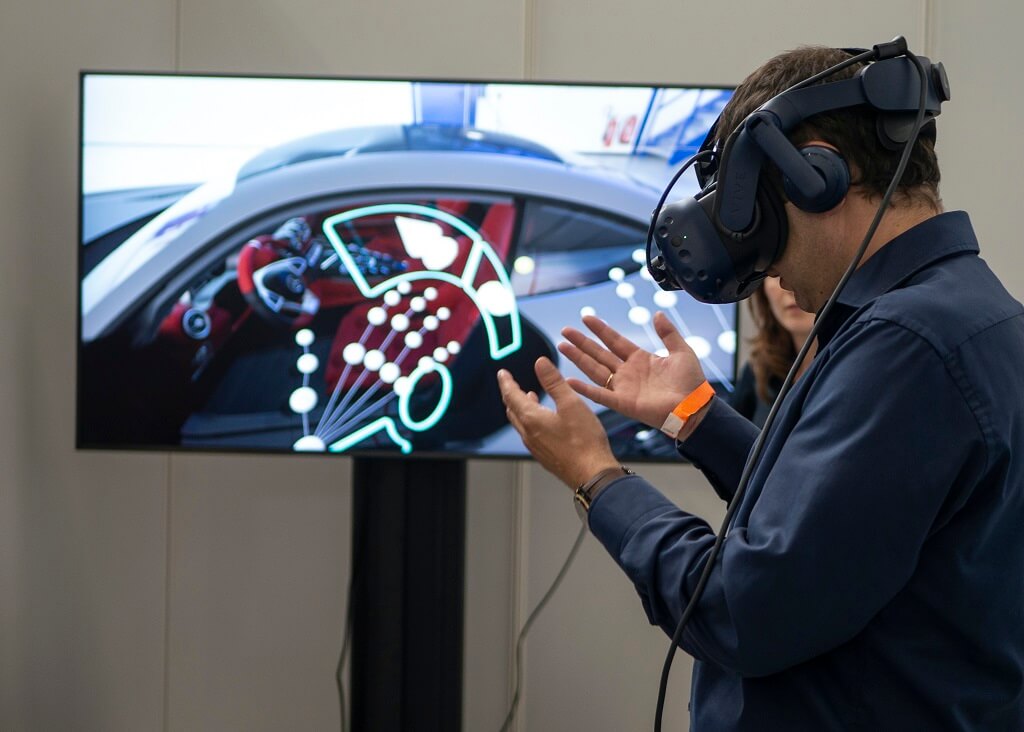Does Virtual Reality Gaming Really Have a Future?

Over the last six months, there has been a lot of talk about virtual reality and the metaverse. Mark Zuckerberg’s announcement in October 2021 really grabbed people’s attention when he shared that his company would be investing $10 billion in the technology and changing its name to Meta to reflect this.
Other companies were quick to jump on the bandwagon, with Microsoft, Sony, and Apple all making announcements shortly after Meta.
Virtual reality and the metaverse are not confined to just gaming as there are industrial applications for the technologies as well, but it is this popular form of entertainment where much of the focus has been placed. This isn’t a new phenomenon either; the Meta-owned Oculus VR brand has been targeting gamers with its range of headsets since the first one was crowdfunded back in 2012. Even before that, Nintendo had an attempt at making virtual reality gaming with its failed Virtual Boy console which was removed from sale very quickly.
But for all the promises, the interest in virtual reality gaming has still lagged behind all of the hype. So is there really a future in this format?
VR Gaming Does Have Limitations
Virtual reality technology is impressive, especially the first time that you don a headset. Modern hardware, like the Oculus Quest 2, delivers impressive graphics and smooth motion alongside real-time head tracking.
However, there are some limitations to VR. Some are technical and will eventually be overcome as hardware manufacturers manage to squeeze even more power into these boxes. For example, eye-tracking will help to remove the current issue where objects outside of your direct field of view can appear blurry.
There are also limitations that may never be overcome because they are related to human perception of VR and the practicalities of wearing a device that stops you from seeing your physical surroundings. For example, racing games are difficult for many players because they suffer from motion sickness created by the disconnect between what their eyes see and what their bodies are feeling.
This second group of limitations could prevent virtual reality gaming from ever having a future beyond being a novelty unless developers can be creative in designing new genres and formats that don’t need much movement from the player.

Social Gaming
The metaverse is being touted as a way to help bring people together and to socialise in a more realistic environment online. Some virtual reality apps already allow people to meet, chat, and play games together. One of the most popular is Horizon Worlds, where players can meet with other avatars and interact with the environment around them.
Adding this functionality to gaming could make it very popular. Online casinos would be an ideal candidate for this, as they would let players join their friends, sit together, and even chat, while they enjoyed a game.
This could build on the already-varied gaming experience by completely changing the interface. Today, casinos offer hundreds of different options for their customers, including many variants of popular classics like roulette, such as American and High Roller. But instead of selecting them from a menu, a social VR casino might have a large gaming floor filled with different tables for players and their friends to walk around in and choose from.
Augmented Reality Options
Augmented reality may actually stand more of a chance than virtual reality. AR works differently to VR, though it shares some of the same technology and principles. Instead of completely immersing the user in a virtual environment, it adds additional content to the real world.
AR gaming has already proven immensely popular in recent years, with Pokémon GO being one of the best examples. Through a mobile app, players can travel to real-world places in search of virtual Pokémon, creating a global digital version of the popular trading card game.
AR headsets are still not technically feasible, but improvements in hardware technology over the next few years could change this. If this does happen, it would remove most of the practical issues that exist with VR and could create a platform that is the best of both worlds.
839GYLCCC1992



Leave a Reply